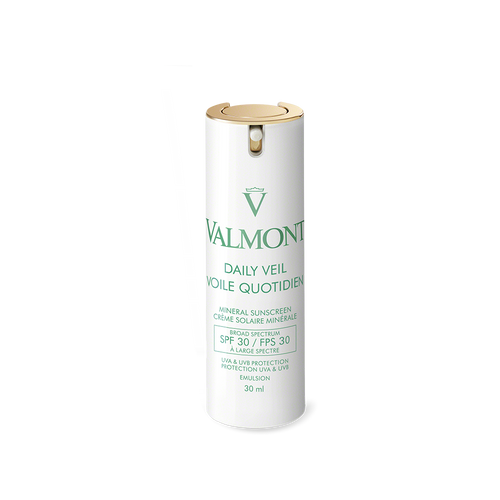The Gut-Skin Connection: How Your Gut Health Affects Your Skin
Maintaining a healthy gut is important for overall well-being and can also significantly impact the health and appearance of your skin. The gut-skin connection has been gaining much attention lately as researchers and skincare experts explore how the gut microbiome affects skin health
Understanding the Gut-Skin Connection
The gut microbiome, a community of microorganisms living in your digestive tract, plays a massive role in many bodily functions, such as regulating the immune system, absorbing nutrients, and even producing certain neurotransmitters. When the balance of bacteria in your gut is disrupted, it can lead to inflammation and other issues that may manifest in your skin.
Inflammation and Skin Health
One way gut health affects the skin is through inflammation. An imbalance in the gut microbiome can lead to increased intestinal permeability, also known as a leaky gut. This condition allows toxins and bacteria to leak into the bloodstream, causing an inflammatory response that can exacerbate skin conditions like acne, eczema, and psoriasis.
Hormones, Neurotransmitters, and Skin Health
The gut microbiome also influences the body's production of hormones and neurotransmitters, which can affect skin health. For example, imbalances in gut bacteria can lead to higher insulin levels and insulin-like growth factors, which are linked to acne. Similarly, the gut microbiome can influence the production of serotonin and dopamine, neurotransmitters that affect mood regulation and skin conditions like eczema and psoriasis.
Supporting Gut and Skin Health
Diet and Probiotics
Eating a balanced diet rich in fibre and nutrients can help promote a healthy gut microbiome. Consuming probiotic-rich foods such as yogurt, kefir, and sauerkraut, as well as taking probiotic supplements, can help maintain a healthy balance of gut bacteria.
Stress Management and Sleep
Managing stress and getting enough sleep are crucial for supporting gut health and, by extension, skin health. Chronic stress can disrupt the gut microbiome and lead to inflammation, which can affect your skin. Incorporating stress-reducing activities like meditation, yoga, and time in nature can benefit your gut and your skin.
Choosing the Right Skincare Products
Consider using moisturizers and serums with hydrating and soothing ingredients like Xylitol, chicory root-derived inulin, fructose and glucose, and plant extracts from garlic, onions, and oats to keep your skin barrier healthy. Avoid harsh ingredients such as sulphates, alcohol, and synthetic fragrances, as they can disrupt your skin's microbiome. Instead, choose products with gentle, natural ingredients that promote a healthy balance of bacteria on your skin.
Conclusion
The gut-skin connection is a fascinating and complex aspect of overall health. By taking care of your gut with a balanced diet, stress management, and adequate sleep, you are also nurturing your skin. Understanding how your gut and skin health are interconnected can lead to a glowing complexion and a sense of well-being.
Everyone's skin is unique, so it's always a good idea to consult a dermatologist or skincare professional to find the best products for your specific skin type and concerns.
Here are our top 3 brands for maintaining a healthy skin microbiome.
- BIOJUVE (real probiotic, the only brand out there)
- AQUAFOLIA Skin IMUNITA (prebiotic with fermentation of lactobacillus)
- Biologique Recherche (yeast extract)
Listen to our Blogcast. The spoken version of our blog.
















Leave a comment